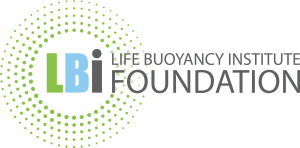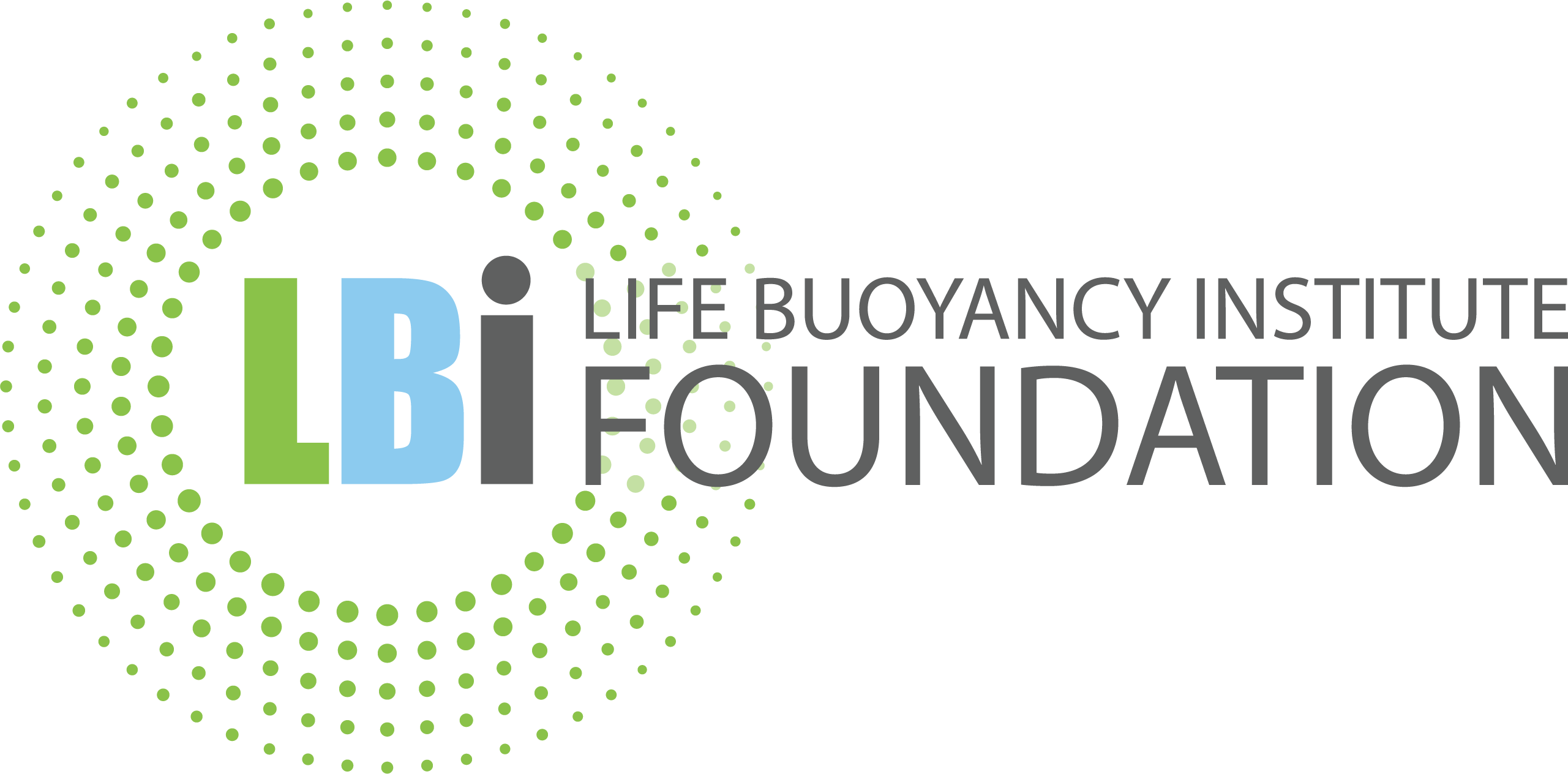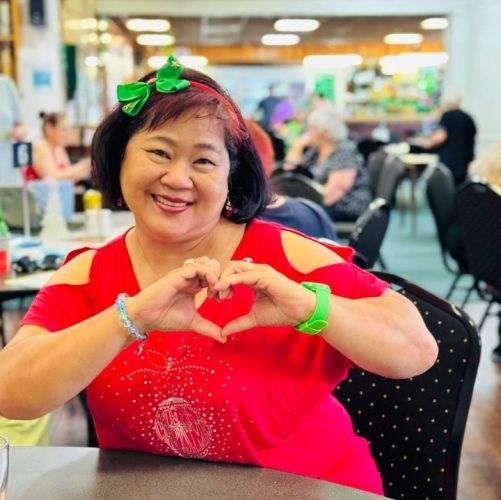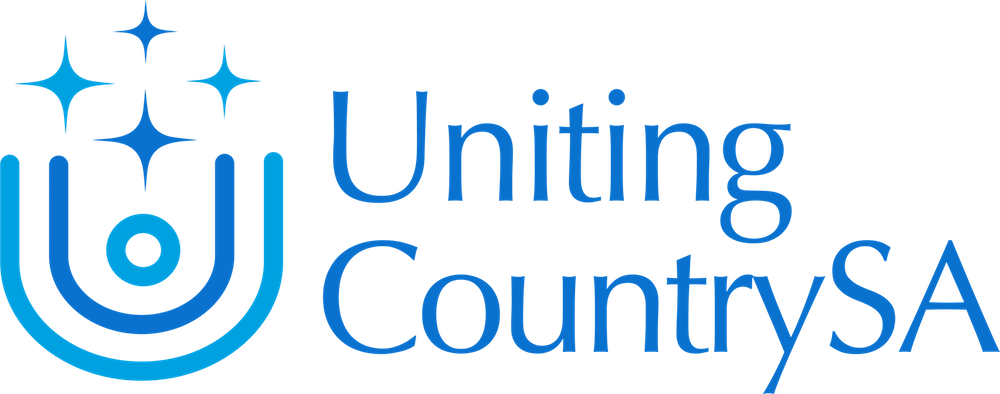Introducing the Community
Uniting Country SA Foster Care
Introducing the Uniting Country SA Foster Care Program
Uniting Country SA (UCSA) work to help and support rural and regional communities in South Australia.
UCSA deliver a high quality, trauma-informed and best-practice foster care support program for children and caregivers across the Port Augusta, Port Pirie, Mid North, and Yorke Peninsula regions.
LBI Foundation has provided the UCSA Foster Care program capacity building support under the Care IMPACT strategy, as made practical through the IMPACT Program as tailored to Foster Care.
LBI Foundation has partnered with the community since 2020. The capacity building support has been personalised to the UCSA Foster Care program. The UCSA program draws upon other best-practice therapeutic components (e.g., Therapeutic Crisis Intervention, TCI), and the IMPACT Program (and the intentional practice approach) is designed to strengthen this component.
The work also dovetails into UCSA whole-of-agency therapeutic approach titled: interACT. interACT is founded upon intentional practice, and the IMPACT Program is designed to make interACT practical and translatable across the foster care program, and for practitioners and caregivers alike.
Program Impact
Our Generalist, Specialist Foster Care and Respite Service have grown so much. It has upskilled and empowered our team to apply intentional coaching support to caregivers. Combined with LBI resources and workshops, has enabled us to meet our carer’s Learning and Development Plan needs.
Kerry Court, UCSA Program Manager, November 2020
Empowering Caregivers
Foster Carers feel supported, included and equipped with the skills to find the strategies to support children who have trauma related behaviours. Side-by-side coaching assists the carers to be grounded, feel validated and have a growth mindset. Carers who are equipped with the skills to respond to needs and role model grounding in return brings a child back down, and with consistency, the child has a sense safety, security and a sense of belonging.
Donna Barnes, UCSA Placement Support Worker, November 2021
Meaningful Outcomes
The IMPACT approach has helped me to bring together a great deal of lived experience, work experience and knowledge to live and work intentionally and authentically. I am being authentic when I deal with Foster Carers and that is the person I want to be.
Natalie Beyer, UCSA Foster Care Practitioner 2024
Intent ('What')
Build a Wellbeing and Trauma Responsive Foster Care Community
Where Trauma-Responsive Practices are a Way of Thinking and Being
As Made Practical Through the Following Co-Designed Outcomes
Practitioners
To embed a professional, relationship focused and intentional practice culture, where support workers:
- Intentionally respond (rather than react) to the caregiver’s individual needs in a relationship focused, trauma-responsive and personalised manner.
- Grow caregiver capacity through intentionally delivered support, side-by-side coaching and shared Growth Action Planning processes.
- Work side-by-side with the care community, and empower all members to build a shared intent.
- Have access to best-practice resources, tools and professional development activities on intentionally applying the science of wellbeing, trauma and growth.
Foster Carers
To embed a trauma-responsive, therapeutic and growth focused caregiving environment and:
- Intentionally respond (rather than react) to children’s needs (e.g., trauma, growth developmental) in a personalised manner.
- Grow child capacity through intentionally delivered caregiving, side-by-side coaching, and shared Growth Action Planning processes (with child and care community).
- Work side-by-side with the care community in shared intent.
- Maintain and build wellbeing and self-care for self and all family members.
- Have access to best-practice resources, tools and professional development activities on the science of wellbeing, trauma and growth.
Children
For children to experience intentionally delivered relational and coaching experiences that grow:
- Feelings of safety and trust at all times.
- Their awareness of self, others, world and future.
- Foundational social-emotional learning, meta-cognitive, self-regulation, independence and life skills.
- The mindsets, beliefs and attitudes associated with resilient whole-of-life outcomes.
- Their capacity to develop their own wellbeing, life and growth solutions (or wellbeing plans).
Actions ('How')
Summary Actions of the Partnership Journey
- Entire capacity building initiative is founded upon the science, research and practice of intentional practice, as made practical for therapeutic residential care settings (see this research article).
- Implementation underpinned by the Care IMPACT capacity building strategy.
- LBI Foundation Community Lead: Ivan Raymond.
- Whole-of-staff team Foundational IMPACT Training, with all support workers accredited to the IMPACT Coach level.
- Interested caregivers undertaking Foundational IMPACT Training, with specialist caregivers this a mandated requirement.
- One-on-one clinically focused coaching to caregivers (by a psychologist), as needed, and founded upon a Growth Action Planning process.
- Foster carers and practitioners having access to a rolling cycle of IMPACT specialist workshops and professional development sessions (face-to-face and online) delivered by LBI (for online see upcoming events).
- Key embedding strategies: What-What-How reflective practice in staff supervision and internal planning processes, side-by-side Growth Action Planning with caregivers in the home, rolling cycle of IMPACT specialist workshops and modules (delivered in home by IMPACT coaches and by LBI).
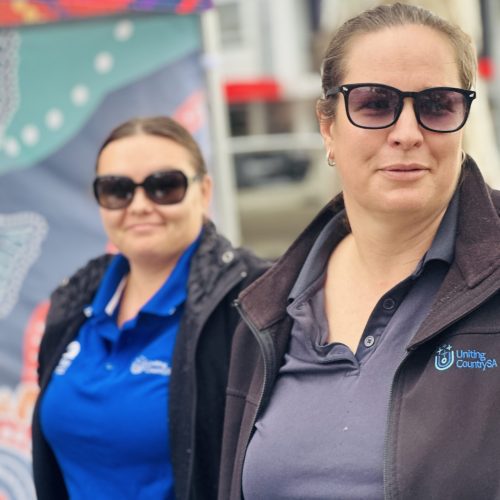
Photo source: Uniting Country SA
Community Story
LBI Foundation interviews Uniting Country SA's Natalie Beyer.
Natalie Beyer, supports Foster Carers across Northern Yorke Peninsula and Mid-North with Uniting Country SA.
LBI Foundation asked Natalie a few questions about her work together with Foster Carers.
What is your intent?
My intent has always been to grow the Foster Carers’ skills, confidence and understanding of the complexities of having a Foster Placement in their care.
How did you facilitate growth?
I spent a great deal of time with Foster Carers and had to adapt my style and approach to suit each situation and the people involved. Prior to each visit with Foster Carers, I have an internal conversation; What is the intention of this visit? If there is going to be a difficult conversation, I will often rehearse some of the conversation, in my head, being mindful of not escalating the situation, always remembering that growth is a major intent, regardless of what has happened. One ‘adaptation’ of my IMPACT training has been in language that I use with some Foster Carers. The intent and mindset is the same but rather than ‘side-by-side’, I say together. Rather than ‘grounded’, I will coach people in calming techniques, self-care and asking questions like “what do you do for you?” and “how can you look after yourself so that you can be the best that you can be?” I also self-disclose where appropriate and mention my use of music and having animals at home as being ‘calming’/grounding for me. I also use validation as often as possible with carers as it helps to build mutual trust and can help to grow Foster Carers Confidence.
What outcomes have you seen?
One outcome for me is that I am being authentic when I deal with Foster Carers and that is the person I want to be.
I have been able to develop strong, trusting relationships with Foster Carers, who know that when the ‘shit hits the fan’, I am there to guide and support, consistently and non-judgmentally.
What have been your learnings?
I have learnt to not dwell on the things that I can’t control.
The IMPACT approach has helped me to bring together a great deal of lived experience, work experience and knowledge to live and work intentionally and authentically.
Natalie Beyer, UCSA Foster Care Practitioner 2024
